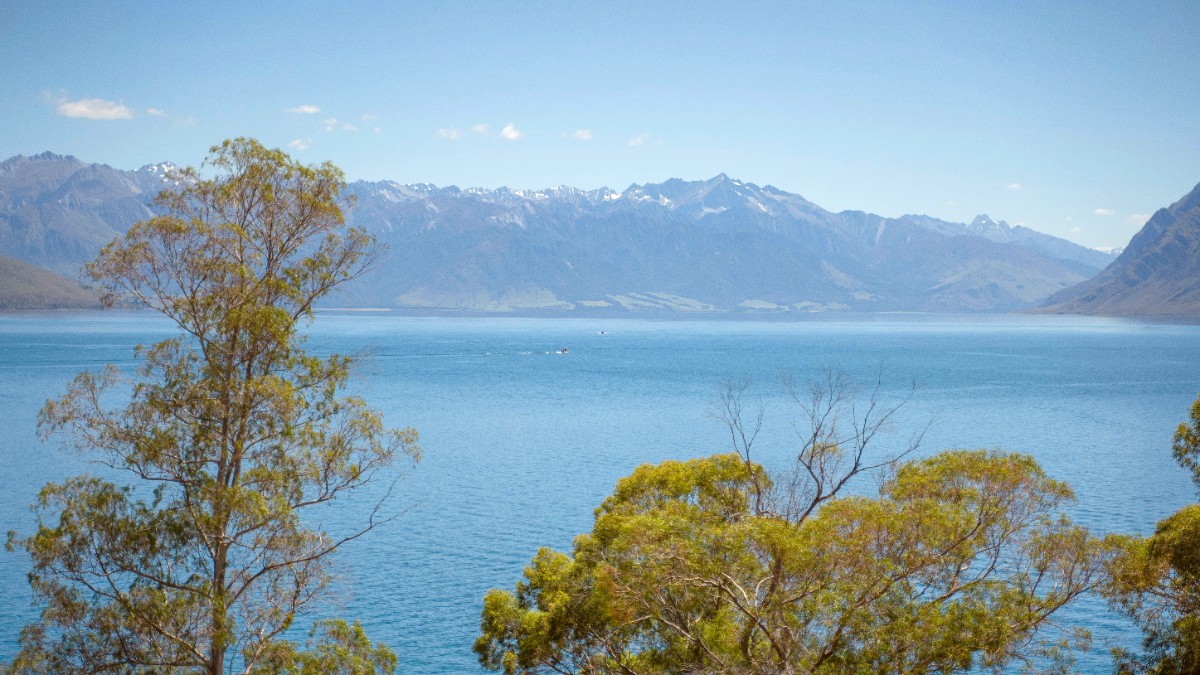
Queenstown And Wanaka, New Zealand
Wanaka serves as a gateway to Mount Aspiring National Park, an UNESCO World Heritage Area. Respect park rules, stay on marked trails, do not disturb wildlife, and do not remove anything from the park. The Department of Conservation (DOC) manages protected areas and disseminates conservation information. Support their work by following guidelines and staying informed.
New Zealand has strong recycling initiatives. Sort your waste into designated bins for glass, plastic, paper, and general waste. Reduce waste by using a Reusable water bottle (tap water is safe) and a Reusable shopping bag (New Zealand has a plastic bag ban). Check out Package Free Shop for reusable products.
While New Zealand has abundant freshwater, conserving water where possible is a good practice. This is particularly true in drought-prone areas or during dry periods. Take shorter showers and turn off taps when not in use. Choosing gear from sustainable outdoor retailers like Patagonia can also align with conservation values.
Interacting respectfully with local culture enriches your journey and honors the heritage of the land.
Support initiatives that preserve Māori culture and heritage. Look for opportunities to learn about and appreciate the history of Aotearoa.
New Zealand encourages all visitors to commit to the "Tiaki Promise" – a pledge to care for New Zealand, its culture, and its environment.
Show respect for Māori customs (tikanga), language (Te Reo Māori), and traditional places (marae).
Always ask for permission before photographing individuals, especially children. Be mindful of privacy in public spaces.
Reduce waste by using a reusable water bottle and shopping bag. Choosing products from Package Free Shop aligns with this.
Shop ReusablesConsider offsetting your flights and other transportation emissions through certified carbon offset programs like Terrapass.
Offset Your TravelLook for Qualmark Endorsed businesses in New Zealand for quality assurance and environmental sustainability practices. Ecobnb offers eco-friendly accommodation options.
Support the local economy directly and contribute positively to the Wanaka community.
Support local businesses directly. Choose locally owned and operated accommodations, restaurants, and tour companies.
Look for certified fair trade products. When buying Māori crafts (e.g., pounamu), make certain they are authentic and ethically sourced.
Do not engage in activities that exploit people, animals, or the environment.
If you wish to donate, contribute to reputable local charities or conservation organizations rather than giving directly to individuals on the street.
Optimize your airport experience and manage potential travel disruptions.
Priority Pass offers frequent travelers independent airport lounge access globally.
Compensair assists customers in receiving compensation for flight delays, cancellations, or denied boarding.
Travel insurance typically offers cover for disruptions and unforeseen events. Research suitable options for your trip.
Adhering to responsible travel practices aids in preserving Wanaka's pristine natural environment for future generations and supports the local community.
Consider staying at eco-friendly accommodations like those listed on Ecobnb for a lower environmental footprint during your stay.